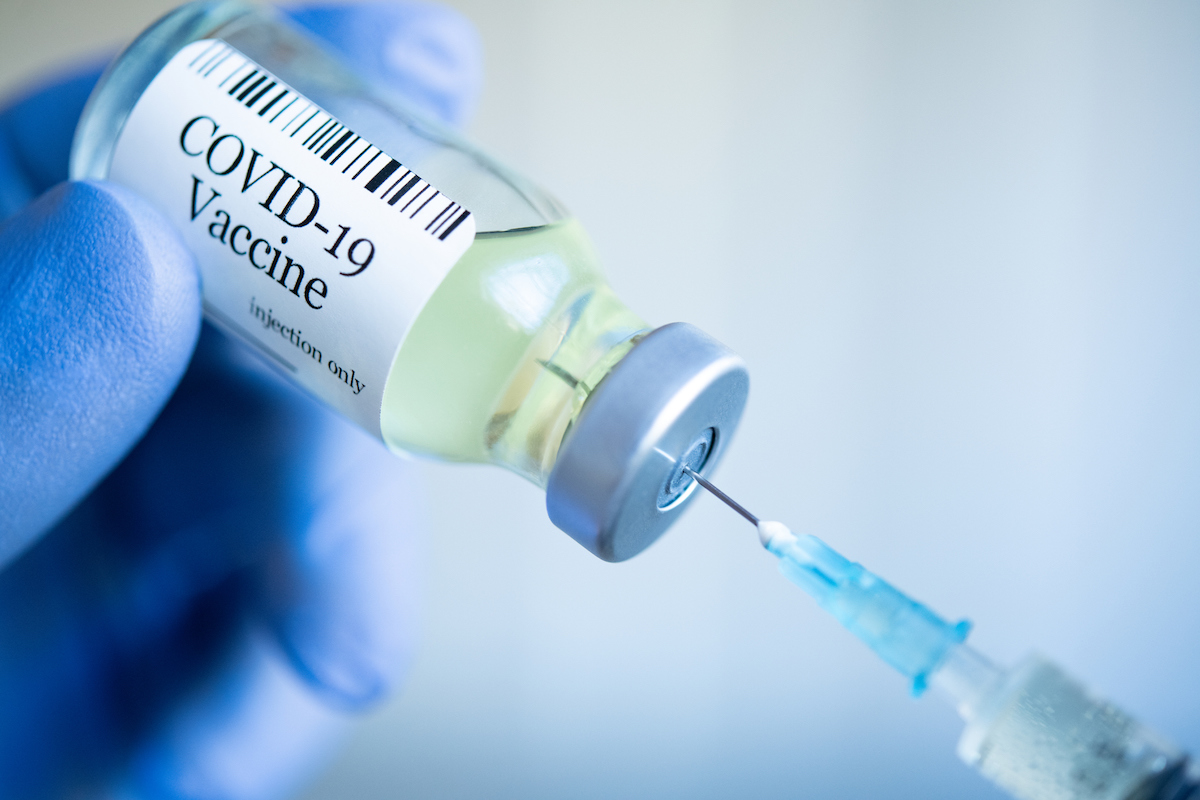<< Back
How Much More Protected Against the Delta Variant Are You If Fully Vaccinated?

August 05, 2021
You’re fully vaccinated, sitting in a public indoor space next to an unvaccinated stranger. Here comes someone with COVID-19 for a closeup chat.
Who is more likely to get infected?
Fully vaccinated people have a 49 percent to 60 percent lower risk of infection with the Delta variant, according to a new study by Imperial College London researchers. The study adds to several others that, despite inconsistent results, confirm a vaccine offers protection against the Delta variant.
Let’s put it another way: You have a 1 in 26 chance of being infected if fully vaccinated and exposed to someone with the Delta variant. If unvaccinated, your chances are 1 in 13.
“At this point,” says Keith Grant, APRN, Hartford HealthCare’s Senior Director of Infection Prevention, “the Delta variant is about 40 percent to 60 percent more contagious than even the Alpha variant (first identified in the United States in December). It gives you an idea what we’re looking at right now.”
Imperial’s researchers, after adjusting for age and other factors, found that fully vaccinated people were 49 percent as likely to test positive for COVID-19, even without symptoms, than unvaccinated people. The fully vaccinated were also 59 percent less likely to test positive with symptoms.
The study, part of the continuing Real-time Assessment of Community Transmission, or REACT-1, reviewed 100,000 people who took at-home COVID-19 swab tests between June 24 and July 12. Of that group, 527 tested positive. Each of the 254 samples that were analyzed genetically proved to be the Delta variant.
The viral load, the amount of virus in an infected person’s blood, among people with COVD-19 was also lower in vaccinated people.
An earlier study by Public Health England found the Pfizer-BioNTech vaccine was 88 percent effective against symptomatic infection by the Delta variant. (It was 93 percent effective against the Alpha variant.) In Canada, data showed it 87 percent effective against symptomatic disease. Later, an Israel study found it 64 percent effective against symptomatic disease. But new data found it only 39 percent effective against infection — though 91 percent effective against severe illness and 88 percent effective against hospitalization.